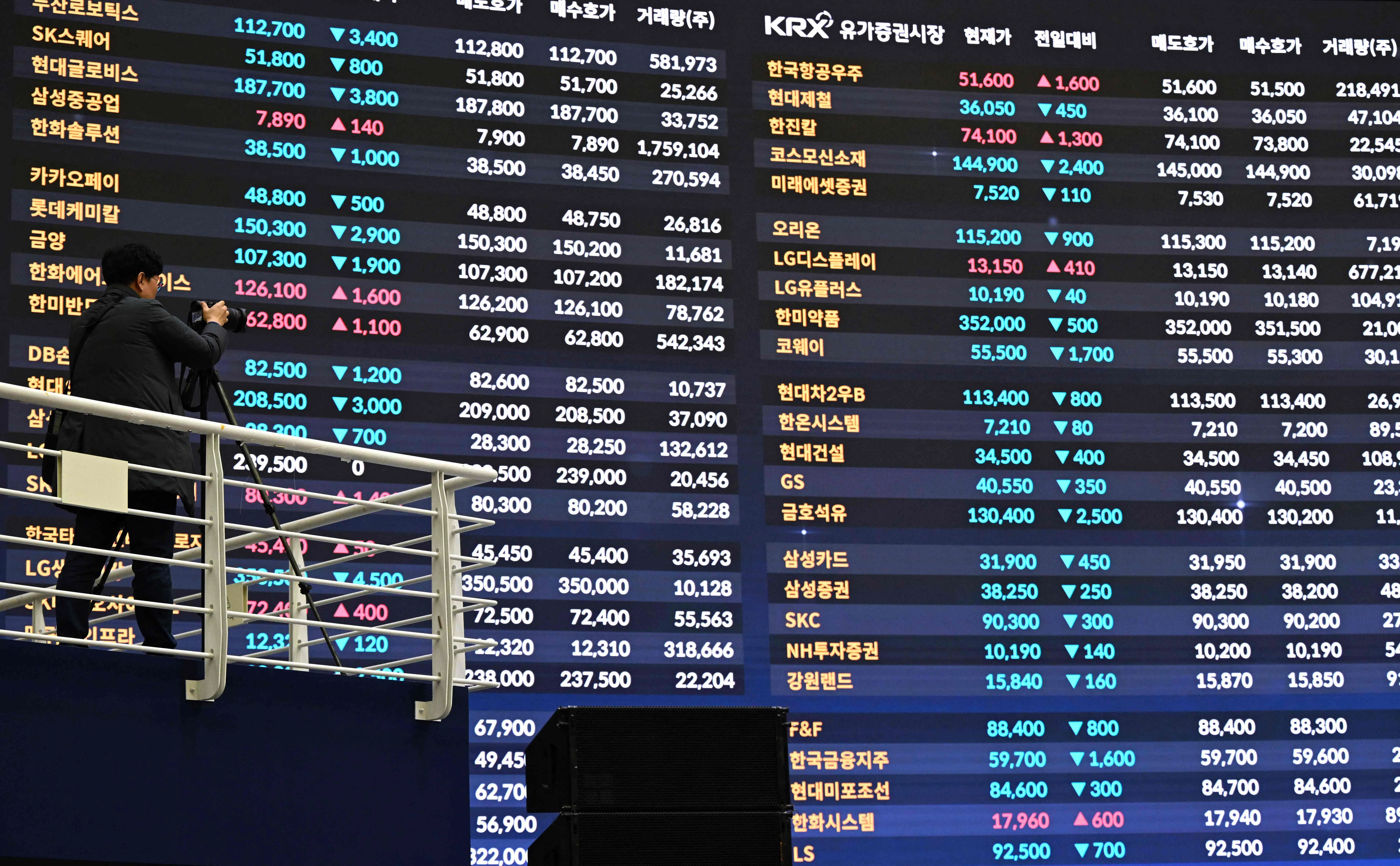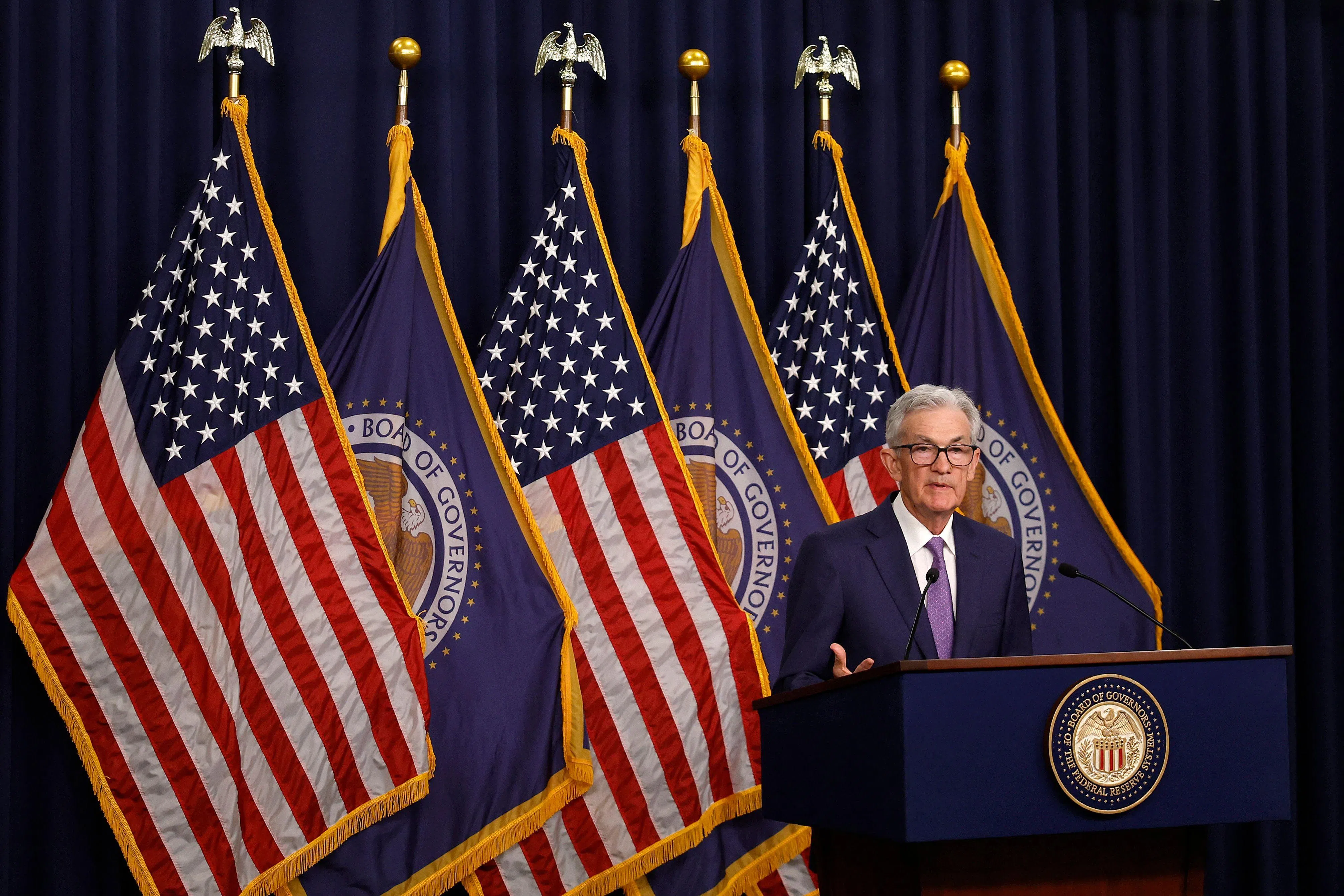SOUTH Korea is extending a ban on stock short selling through the end of March next year as financial authorities seek to buy enough time to ready a system to detect illegal trading activities.
The government banned the trade in November to root out “rampant” naked short selling – a practice of selling shares without borrowing them first – which is illegal in the country. The restrictions were due to be lifted at the end of this month, but the authorities have recently signalled that the deadline will be extended.
“If short selling is resumed without a monitoring system in place, there is the risk that massive illegal activities may be repeated,” said Kim Soyoung, vice-chair at the Financial Services Commission.
In an earlier Thursday (Jun 13) statement, the government said it will increase financial penalties and jail terms up to life imprisonment for illicit activities. The same terms on repayment and margin requirements will be applied for retail and institutional investors to create a level playing field, it said.
While the restrictions were welcomed by retail investors, they have been controversial within the financial community as the trading strategy is widely used by money managers in other markets. The country’s equity benchmark Kospi Index closed 1 per cent higher on Thursday, trimming gains of as much as 1.8 per cent.
The authorities are planning penalties of up to six times the profit from illegal short selling, up from five times now, the statement said. Those whose profit from such trading misdeeds is at least 5 billion won (S$4.9 million) can face up to life in prison, a change from a maximum 30-year jail term previously.
GET BT IN YOUR INBOX DAILY
Start and end each day with the latest news stories and analyses delivered straight to your inbox.
The government will also adopt a repayment period of 90 days for both retail and institutional investors, which can be extended up to 12 months. Those who engage in illegal short selling will be restricted from serving as executives at listed companies and financial firms in Korea. Stricter rules will also be applied in disclosing short positions. The changes would need parliamentary approval.
Shortly after the trade was banned, South Korea launched an investigation into global banks to scrutinise their past transactions of short selling. Investigators have so far found US$156 million worth of illegal short trades by nine global investment banks, most of which were procedural rule violations. BLOOMBERG







